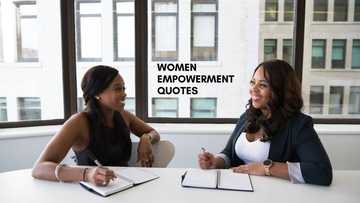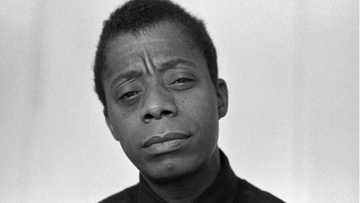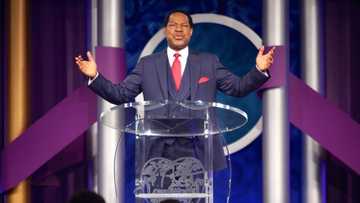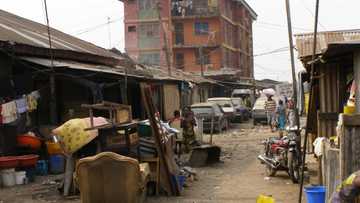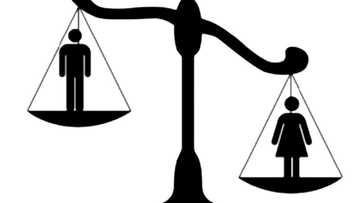History of feminism in Nigeria
Do you know anything about the history of feminism in Nigeria? How did African women fight for their rights? Only the most interesting facts!
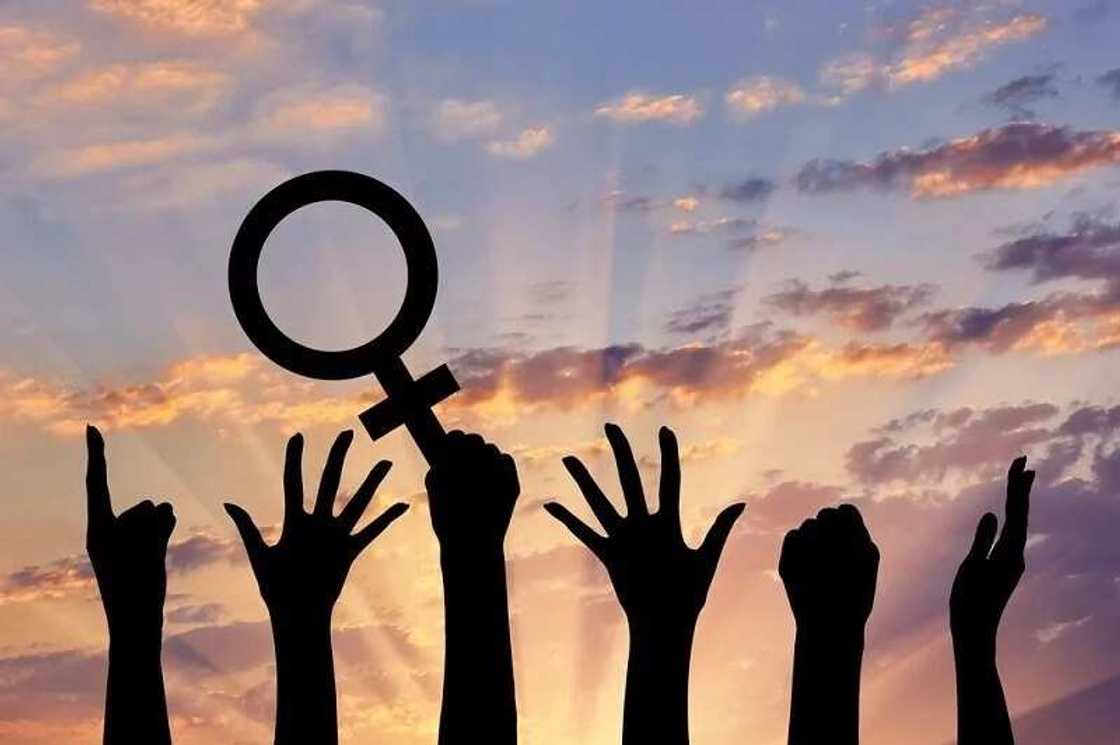
The feminist movement has been around for over a century. Women seem to have achieved a lot during this period. For example, the right to vote in elections or wear short skirts (not everywhere). However, even in 2017, the word "feminist" is often used as an insult. A vast number of problems are still unsolved.
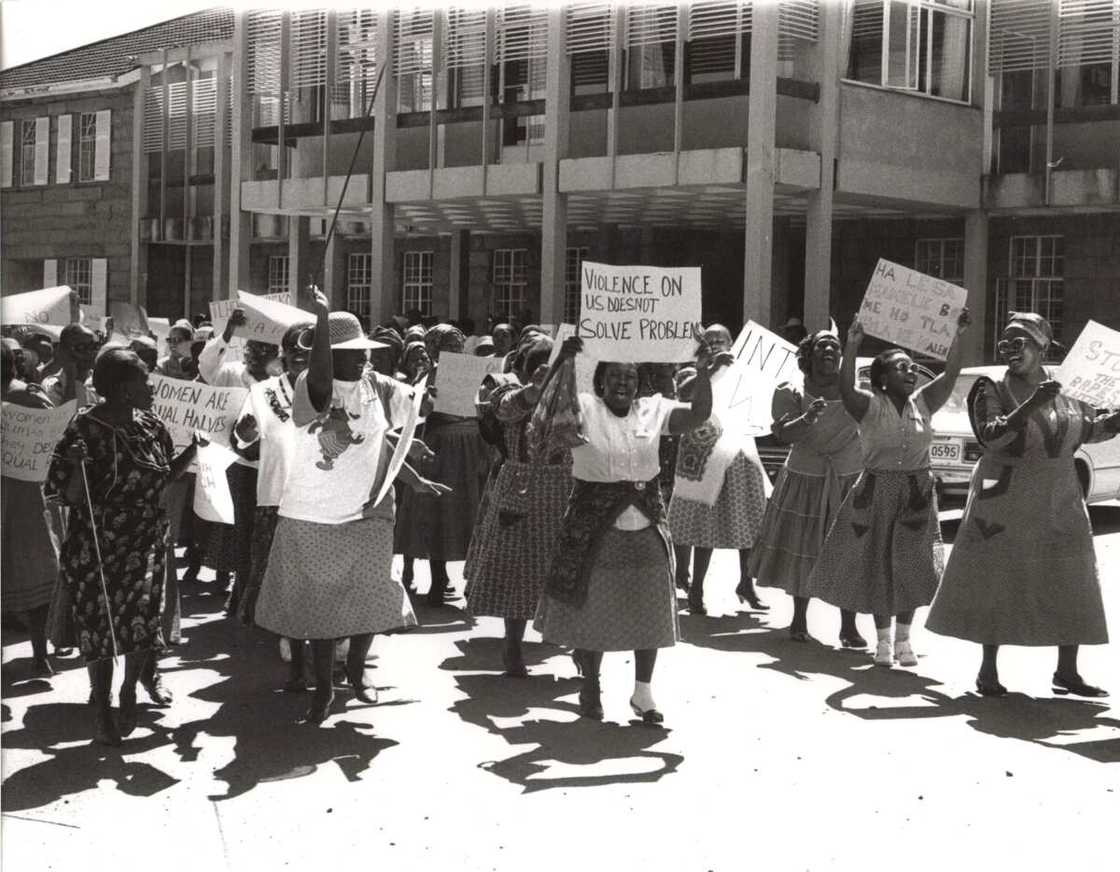
Feminism is a movement for the rights of women against gender discrimination. It means that women should not have less political, economic, and civil rights merely because they are women. The essence of feminism is well reflected in the famous quotation of the publicist Mary Shire: "Feminism is a radical view that a woman is a person."
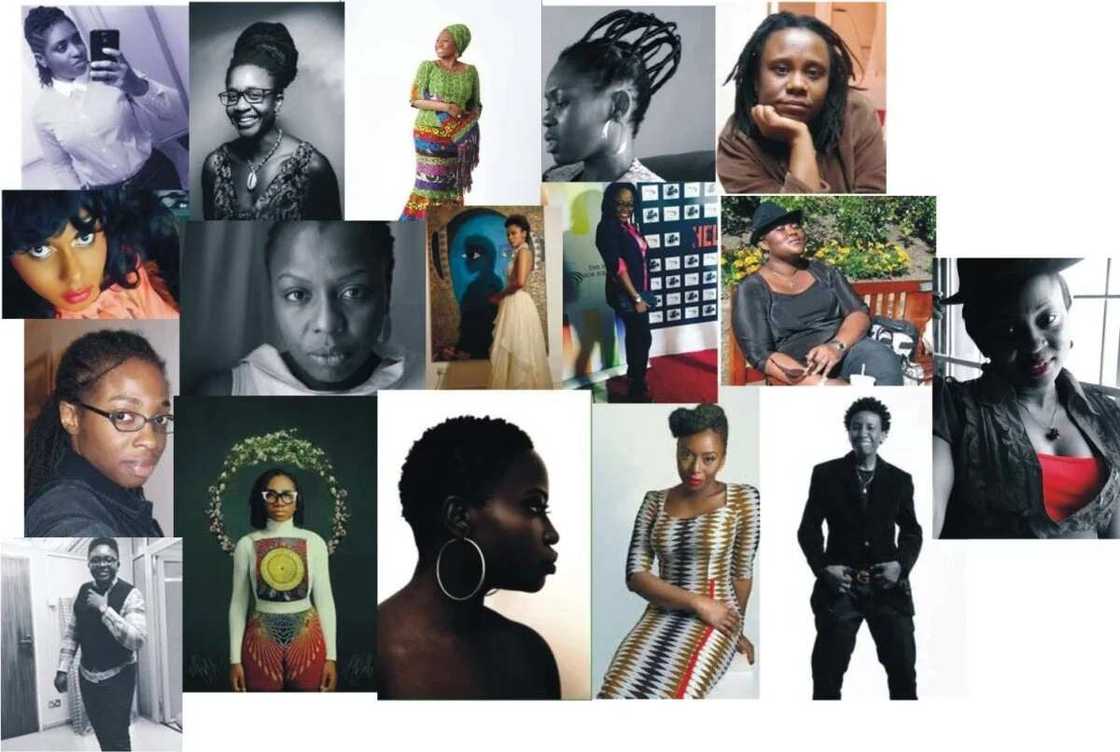
There are, of course, biological differences between men and women. But it does not mean that men and women should have different rights and freedoms. The presence or absence of some organs or physical abilities does not make someone better. It doesn’t give their owners automatically more privileges and does not mean, for example, that they must make decisions in the family or receive more money despite having the same professional qualifications.
Women want to have rights completely equal with men. This comes in form of women in power (that is, traditionally "male"): the right of women to occupy top government posts on an equal basis with men.
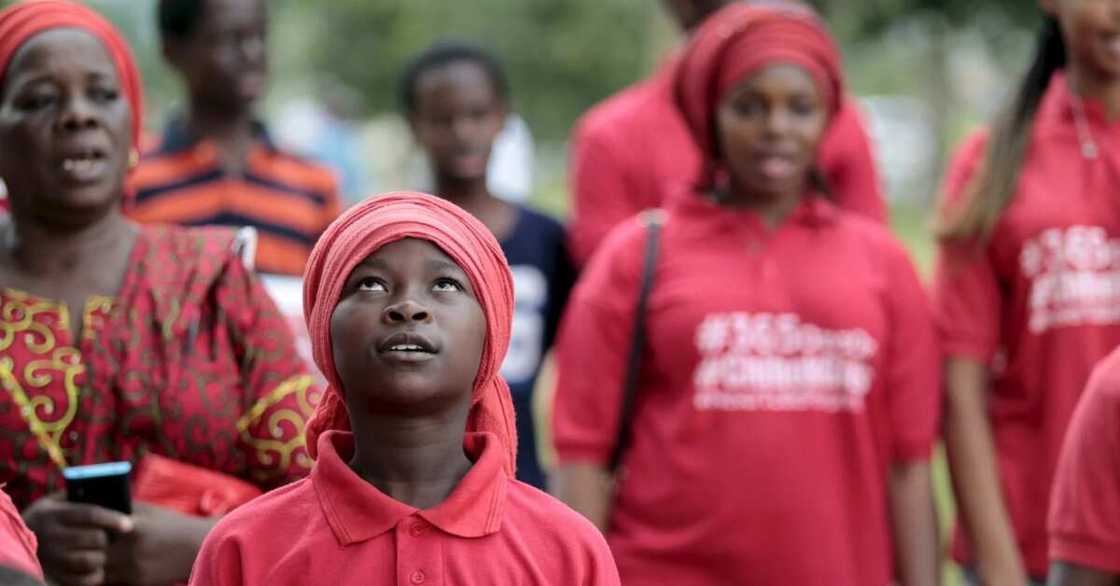
However, the participation of women in the political life of the country was once considered non-negotiable like, for example, military service (now women can serve in 38 countries). So we have to admit that our ideas about "male" and "female" are due to the course of history and gender stereotypes, and not by some unshakable order of things.
Feminism has no task of imposing anything on women. On the contrary, one of its goals is to enable them to make their own life choices and have the conditions for its implementation. For example, that society does not dictate how a woman should or should not behave. Also, it is quite possible to be a housewife, wife, mother, and a feminist.

The main thing to note is that this is a personal and conscious choice of a woman (here, however, the question arises whether such a choice under current conditions can be free, especially if the family and society are saying that the main events in a woman's life are marriage and childbirth).
It is not so easy to choose the path of equality, when you have not only cultural but also financial conditions for independence. Women find it more difficult to make a career in certain areas, and they receive significantly less wages than men in the whole world.
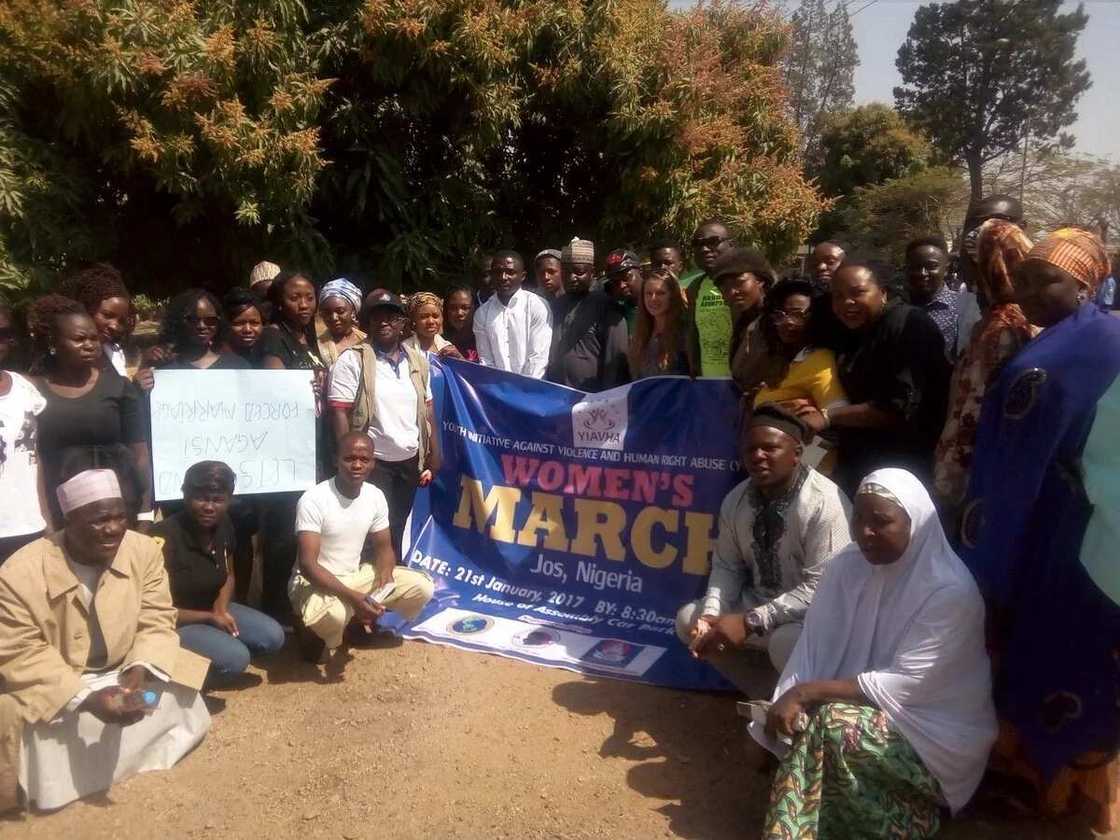
After all, many women do not want to call themselves feminists, although they share the ideas of equality. Feminism in Nigeria and other African countries is often considered as something marginal, and feminists - untidy, aggressive or unhappy in their personal lives.
The problem is still relevant today. In 2016, researchers collected data on 217 countries and found that cleaning, cooking, caring for children and elderly parents can take up to 23 years of most women's life. But men are mostly spared from it. According to recent data, women do twice more housework than men do.

Gender stereotypes also limit women's professional activities. A lot of companies still prefer to consider particular (including leadership) positions only for men. It’s harder for women to achieve recognition in science, and, of course, there is a gender imbalance in pay.
Feminism in Nigeria
In Nigeria, since the 19th century, women's struggle against discrimination and gender-based violence has been mentioned. During the fight for national independence and improving the quality of life, women's movements began to take shape. Feminism attracted attention in Nigeria, as a result of various attempts by women to ensure both equal rights and opportunities for women as well as for men.
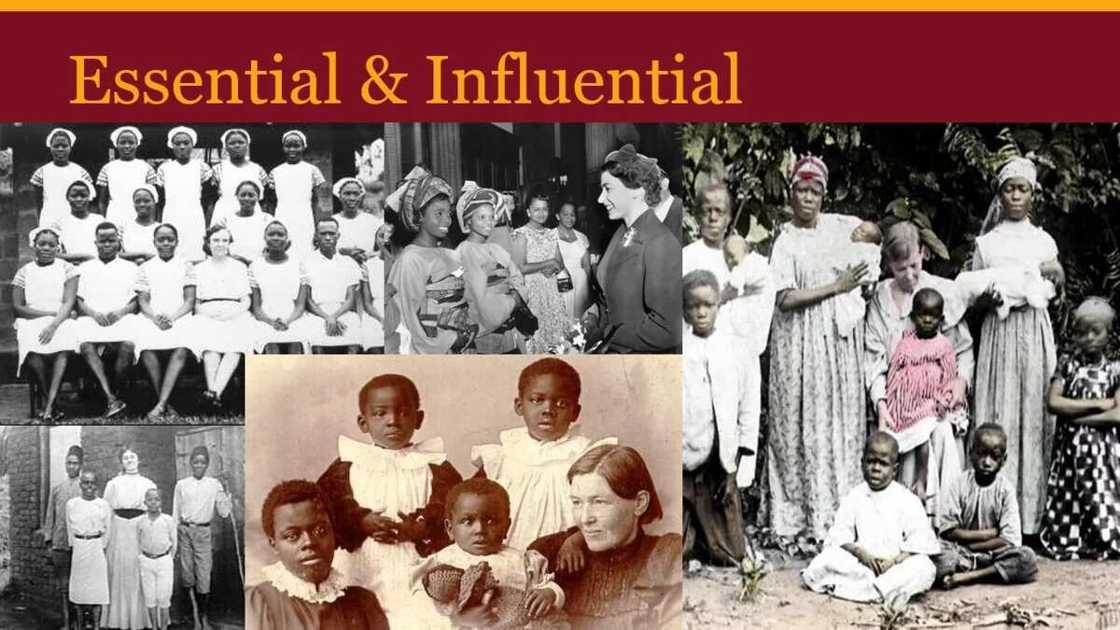
Historically, women in Nigeria, as well as in all of Africa, had faced a lot of problems in relation to gender. The culture of patriarchy, male chauvinism, and anarchy undermined the rights of women. The result of this attitude to women in society is their exploitation and marginalization both in private and in public spheres.
When discussing feminist history in Nigeria, it is important to talk about women’s status in society at all stages of the country's development.
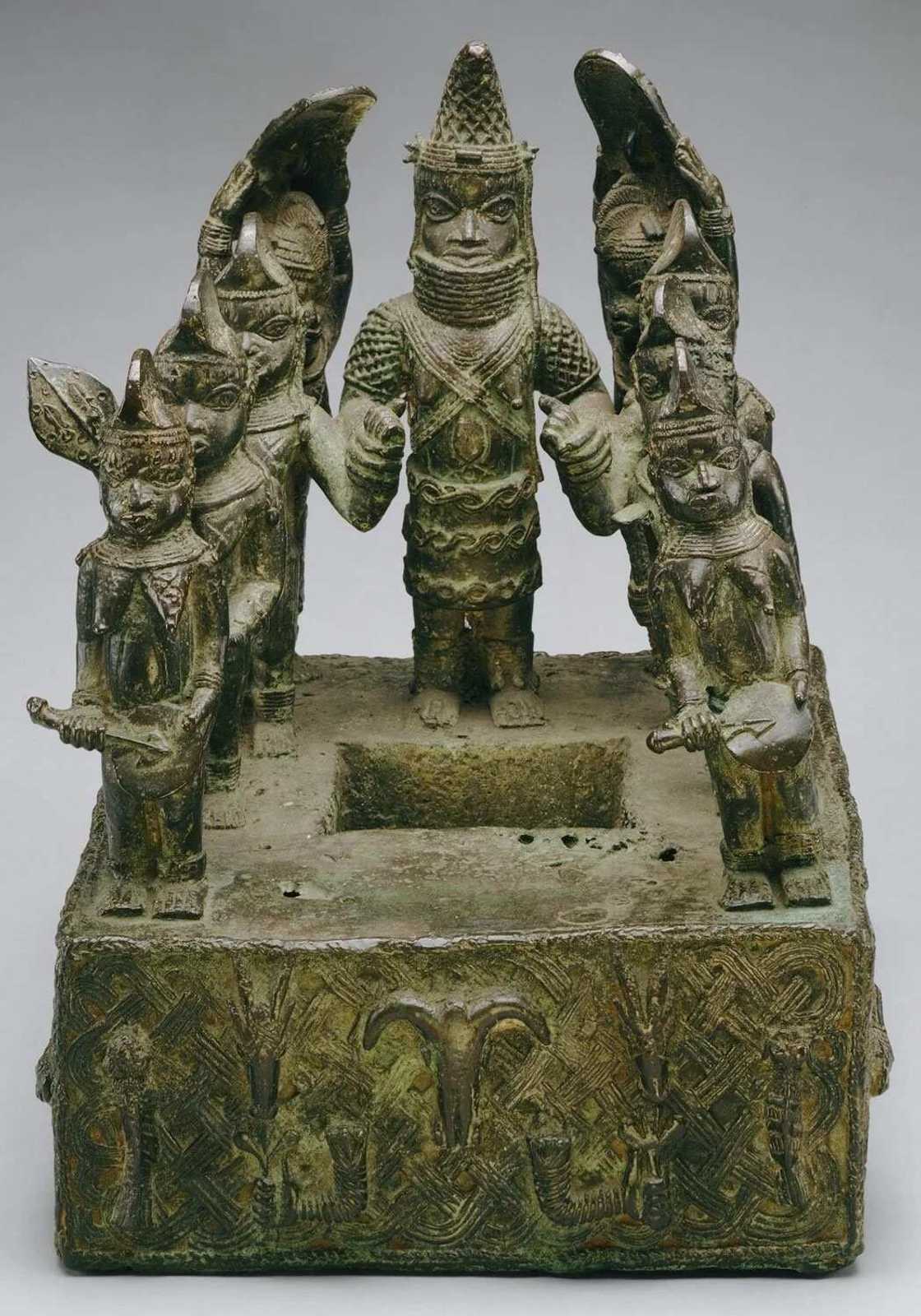
History of feminism in Nigeria
Pre-colonial era
In the pre-colonial period, Nigerian women actively participated in public life and had independent access to resources. But we can’t say the same about women from Hausa-Fulani in the North. Their commercial activities were limited by Islam.
Women with a high position by birth also had more rights regarding their decisions and their funds. The example is Queen Amina of Zazzau. In 1576, she became the famous ruler of Zazzau in Northern Nigeria. The Igala Kingdom, located in Northern Nigeria, was also founded by a woman Ebele Ejaunu.
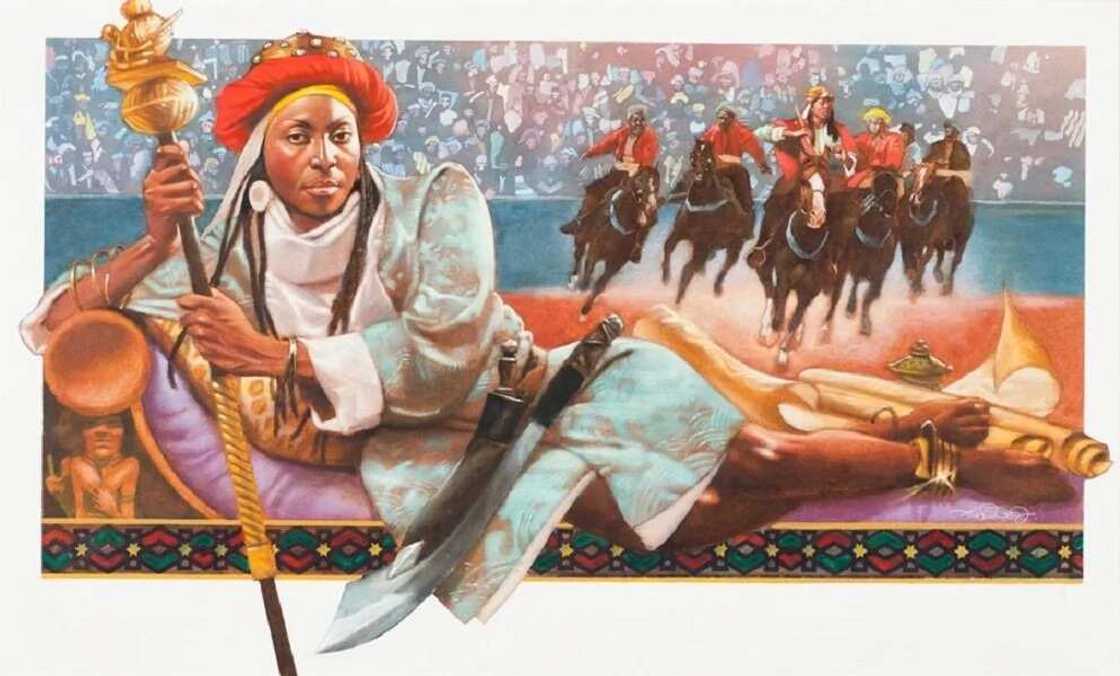
Among Igbo and Ibibio, women controlled their affairs and had a certain political influence through their collective strength. In Ijaw, Kalabari, Efik, Edo, and Itsekiri, some women with high status had specific political power. They managed affairs through the mother queen's office (Benin) or their relationships with the male leaders.
However, in the communities of Yoruba and the Riverine Igbo, not only individual women with high status but also women as a collective had social and political influence through their organizations and their representatives, such as Yoruba “Iyalode.”
In the pre-colonial era, African women rather complemented the man and did not submit him.
READ ALSO: Why We Must Not Be Feminists
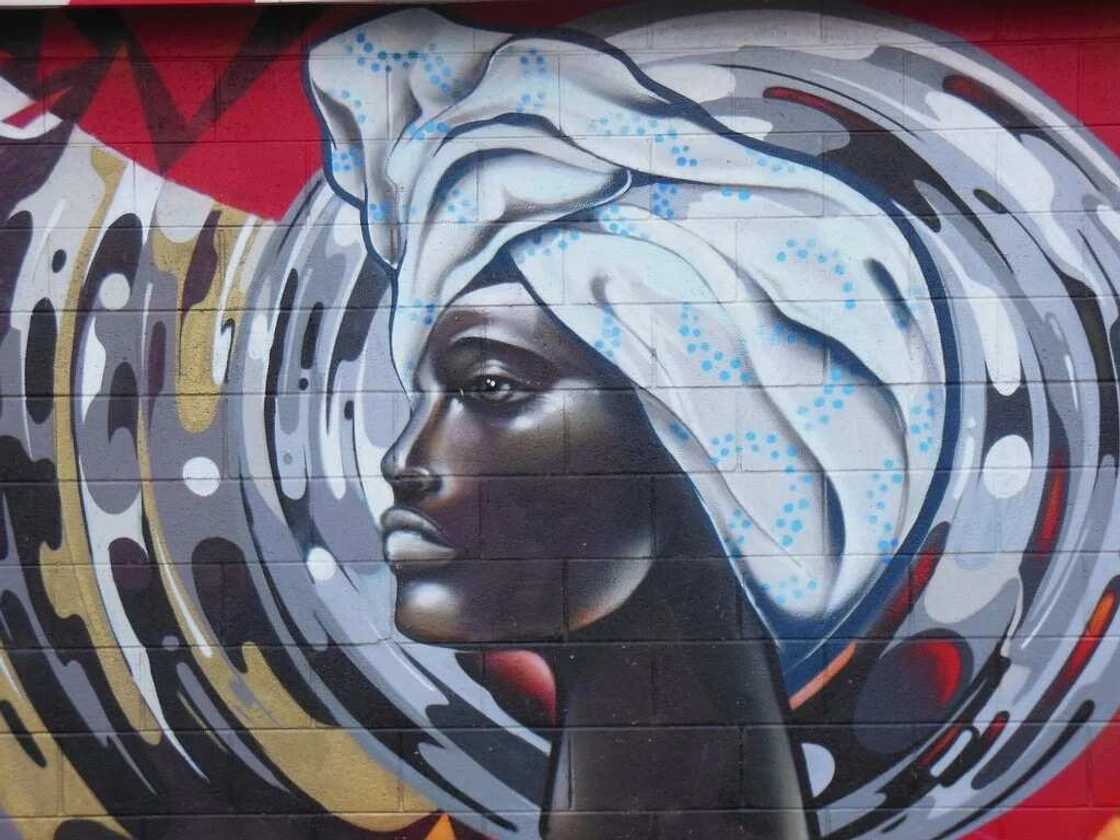
Colonial Era
The women of Yoruba and Igbo in the south of Nigeria played influential political roles in both women's and men's societies. Women gathered in communities, for example, Women of the market to assert their rights.
The colonialists introduced certain rules and weakened the social, economic, and political women rights’ implementation.
Women's representation in the public sphere was deficient, although women received the voting right in the 1950s (the South) and in 1980s (the North).
In 1929 Women's War (also known as "Aba Women's Riots") took place. Igbo market women protested against British taxation. Based on their role as mothers and family suppliers, women collectively defended their new sphere of authority.
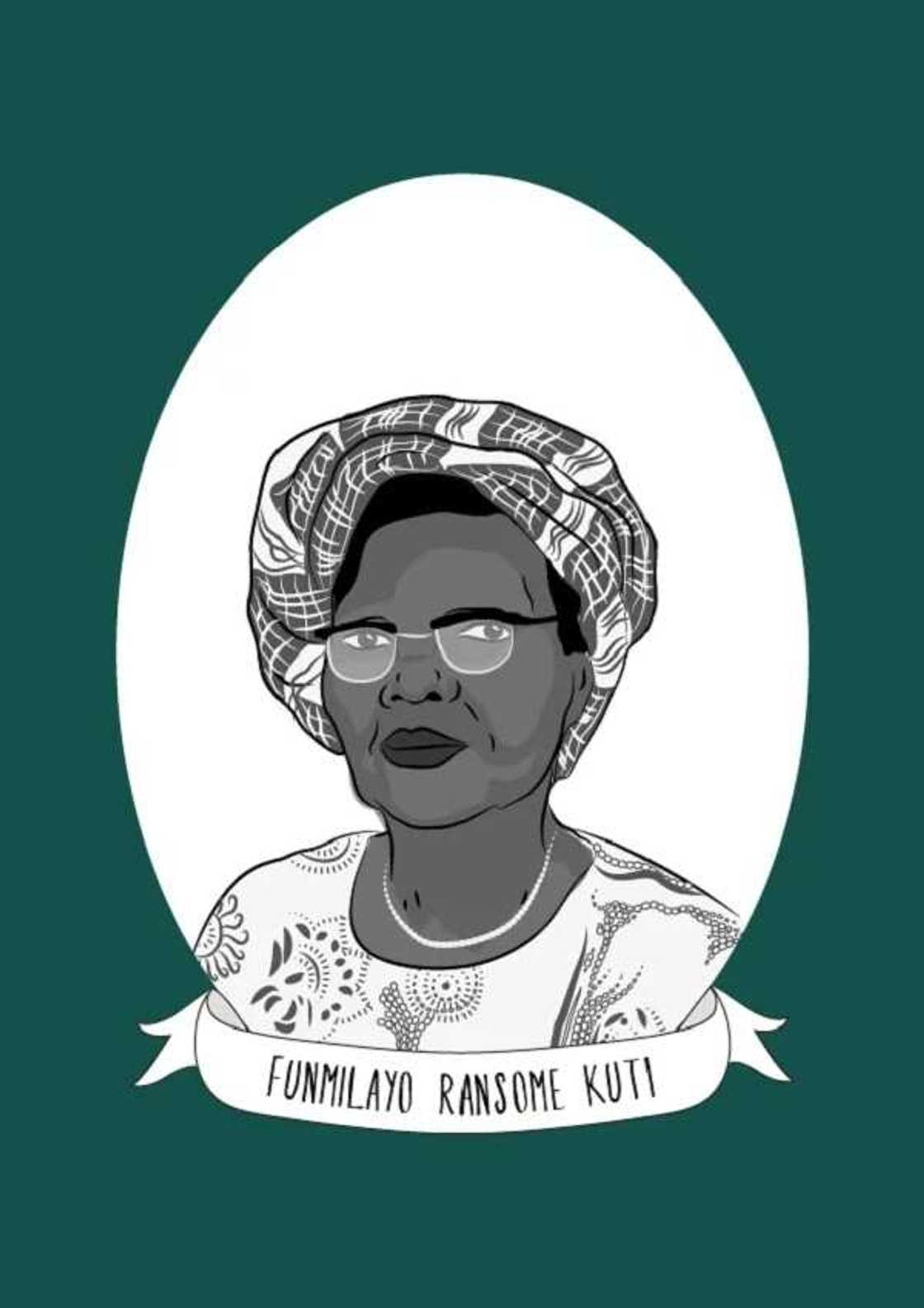
Protests of women in Abeokuta happened in 1948 and almost two decades passed after the riots in Aba. Women again rebelled against colonial taxes. Funmilayo Ransome-Kuti was the principal at a school in Abeokuta. She organized the Abeokuta Women's Union (AWU). "Elite" women of Abeokuta joined the solidarity with the market women of the Egba land. They worked together to find a way of stopping the practice of excessive tax collection..
The women's group, coordinated by Mrs. Funmilayo Ransom-Kuti, fought against authoritarian decision-making by the colonial government. Later, these protests became an integral part of the independence movement.
The anti-colonial resistance led to the National Women's Union (NWU) formation. It was the first national women's organization with a general representation covering all ethnic, religious, and class segments founded in 1947.
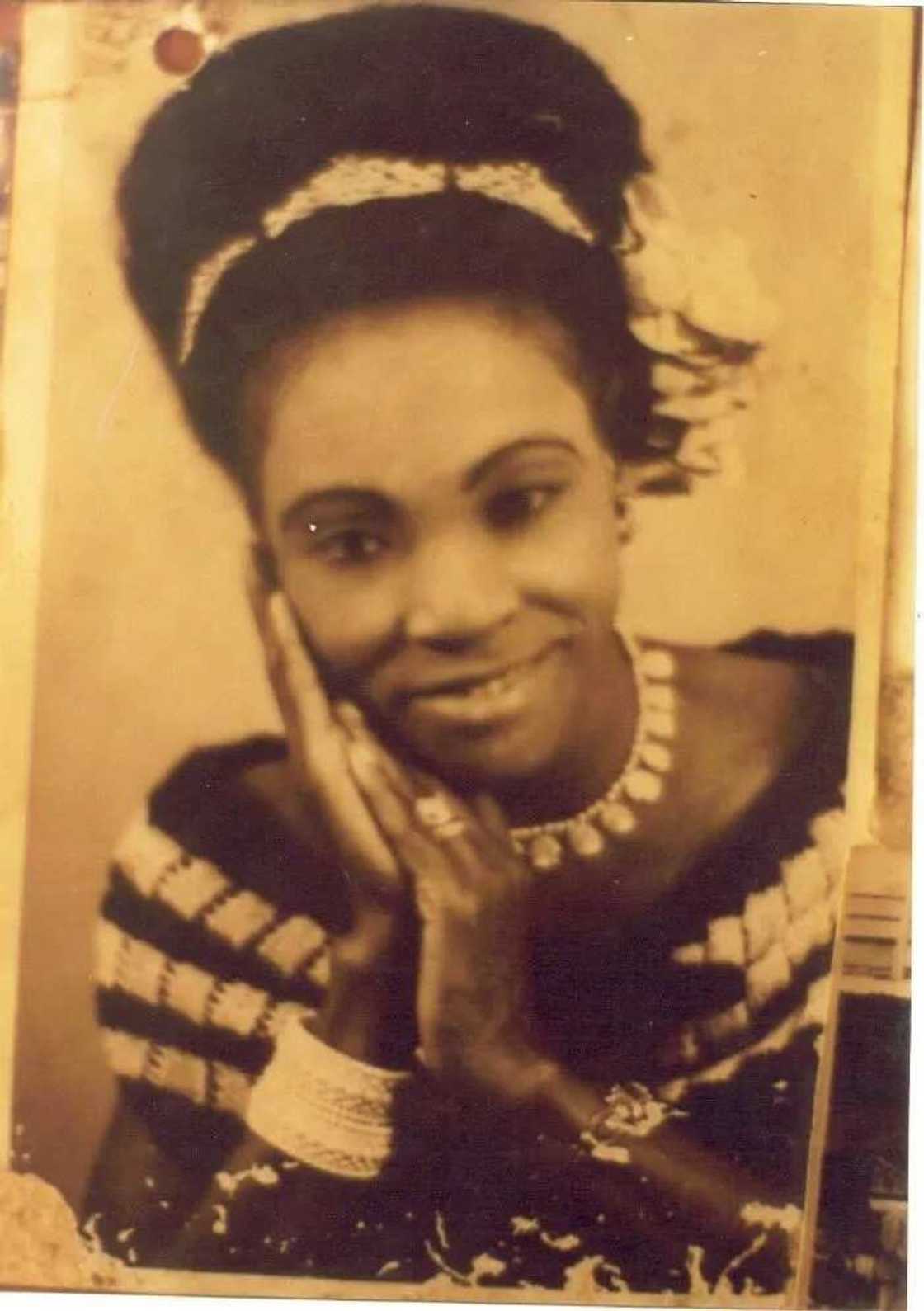
The Union had prominent women leaders such as Margaret Ekpo and Funmilayo Ransome Kuti.
In the 1950s, they fought for women's rights and country's independence along with Nigerian founding fathers. Funmilayo Ransom-Kuti became a leader of the women's wing of the National Council of Nigeria and the Cameroons (NCNC) in the Western Africa.
Margaret Ekpo was also a fierce advocate for women's rights and supported the equality with men. In the North of the country, such strong figures as Gambo Sawaba and many others played outstanding roles in the fight for women's place in society.
The active women’s role led to the formation of the elite women who focused on charity but could not resist the men’s supremacy and anarchy in society. In 1959 the National Council of Women's Societies (NCWS) was established to patronize women's organizations in Nigeria.
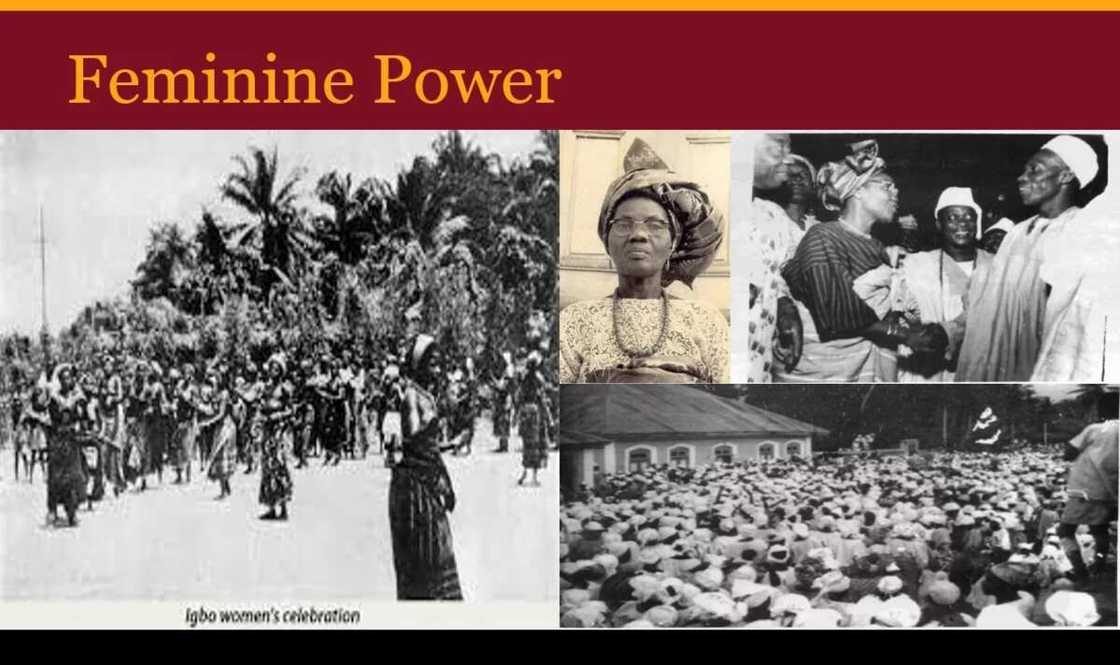
Post-colonial era
The feminist movement in Nigeria was widely spread throughout the country. In 1953 the Federation of Nigeria Women's Societies (FNWS) was organized. It had a political component already. With the help of FNWS women could have political participation and full representation in all legislative chambers.
From the beginning of the post-colonial era, women's movements in Nigeria formed many protests but only in the major cities such as Lagos. Women's organizations have developed their activities in focal areas related to women's interests.
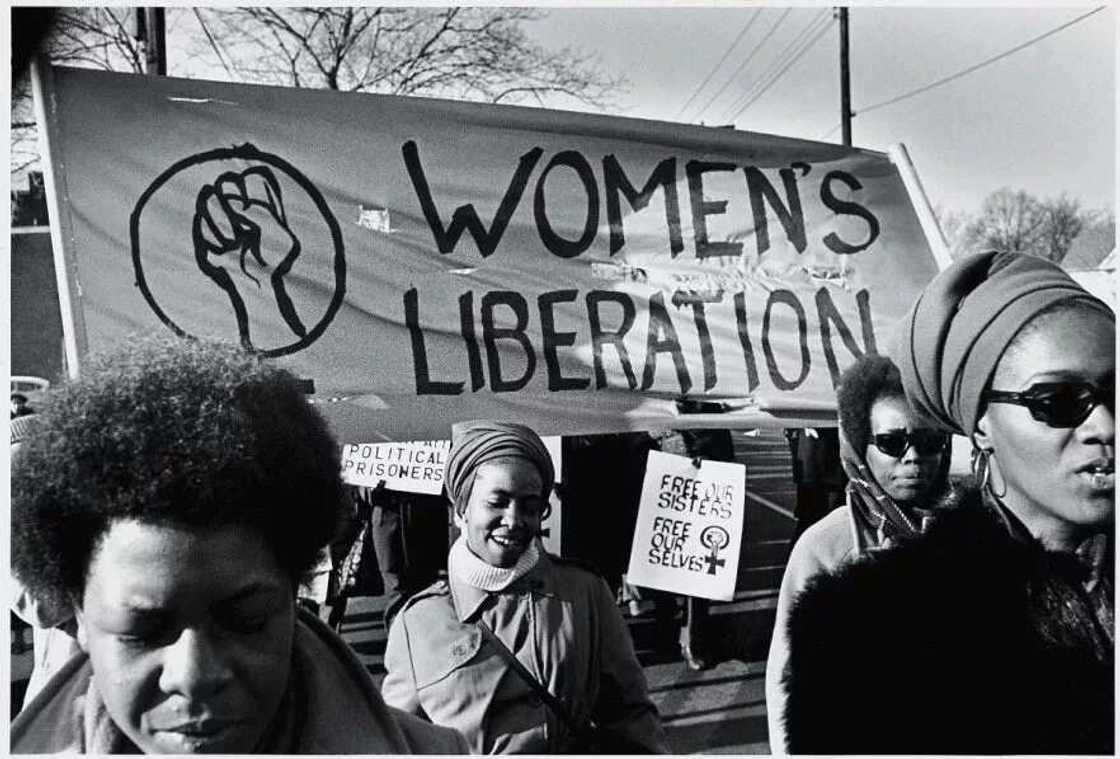
For example, in the Niger-Delta region, women fought against discrimination, dehumanization, and injustice in this field. They opposed Multinational Oil Companies and the Nigerian Military occupation of their lands with the Federation of Ogoni Women Association. Women suffered because of violence, burning, beating, and torture during the three-year campaign of the then Nigerian military government in 1993.
A few words about feminism and political participation in Nigeria. Today women are represented in political parties, business and public life in Nigeria. But in percentage terms with men, their quantity is not numerous.
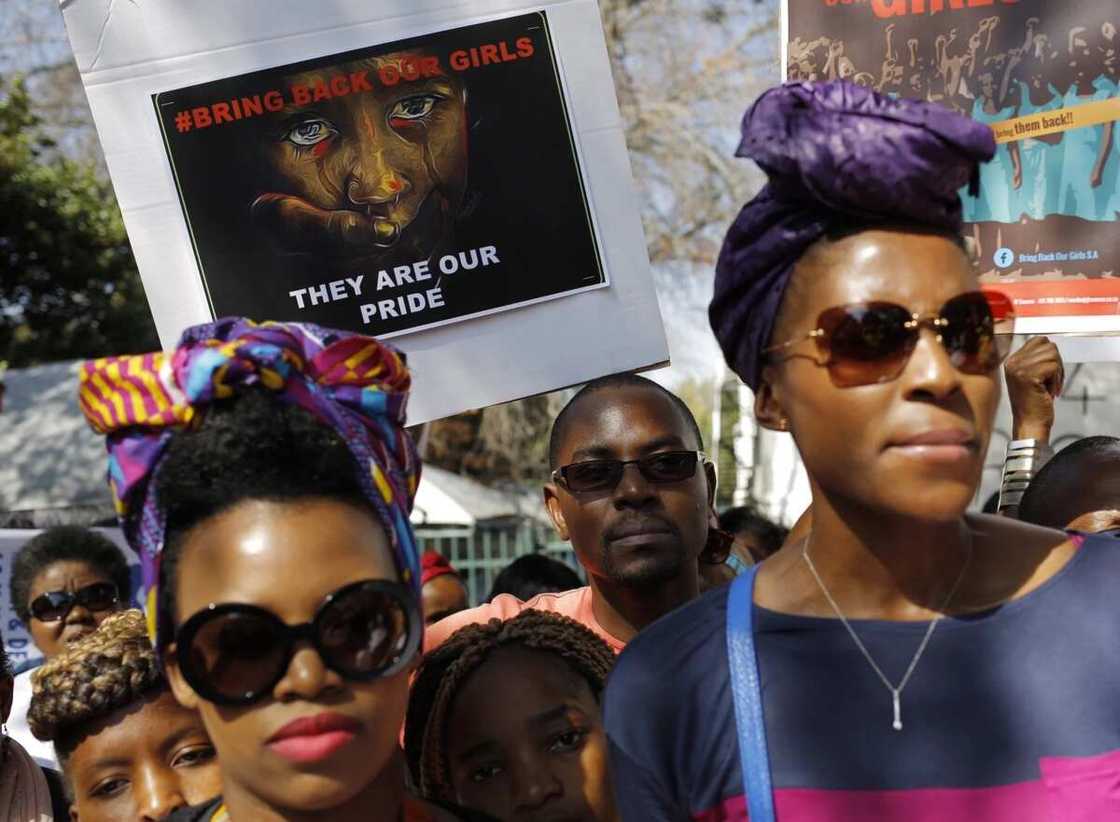
Feminism achieved the suffrage, higher education, the right to work and own real estate. Also, women can be engaged in politics and held managerial positions.
At the same time, feminism has a lot of tasks. In Nigeria domestic violence remains a significant problem. The torturer is often not blamed, but only the victim. There are patriarchal practices such as forced marriages, honor killings or female circumcision, the various kinds of women exploitation and so on. Now you know more from the history of feminism in Nigeria and its main personalities.
READ ALSO: Agencies responsible for the protection of women's rights in Nigeria
Source: Legit.ng


